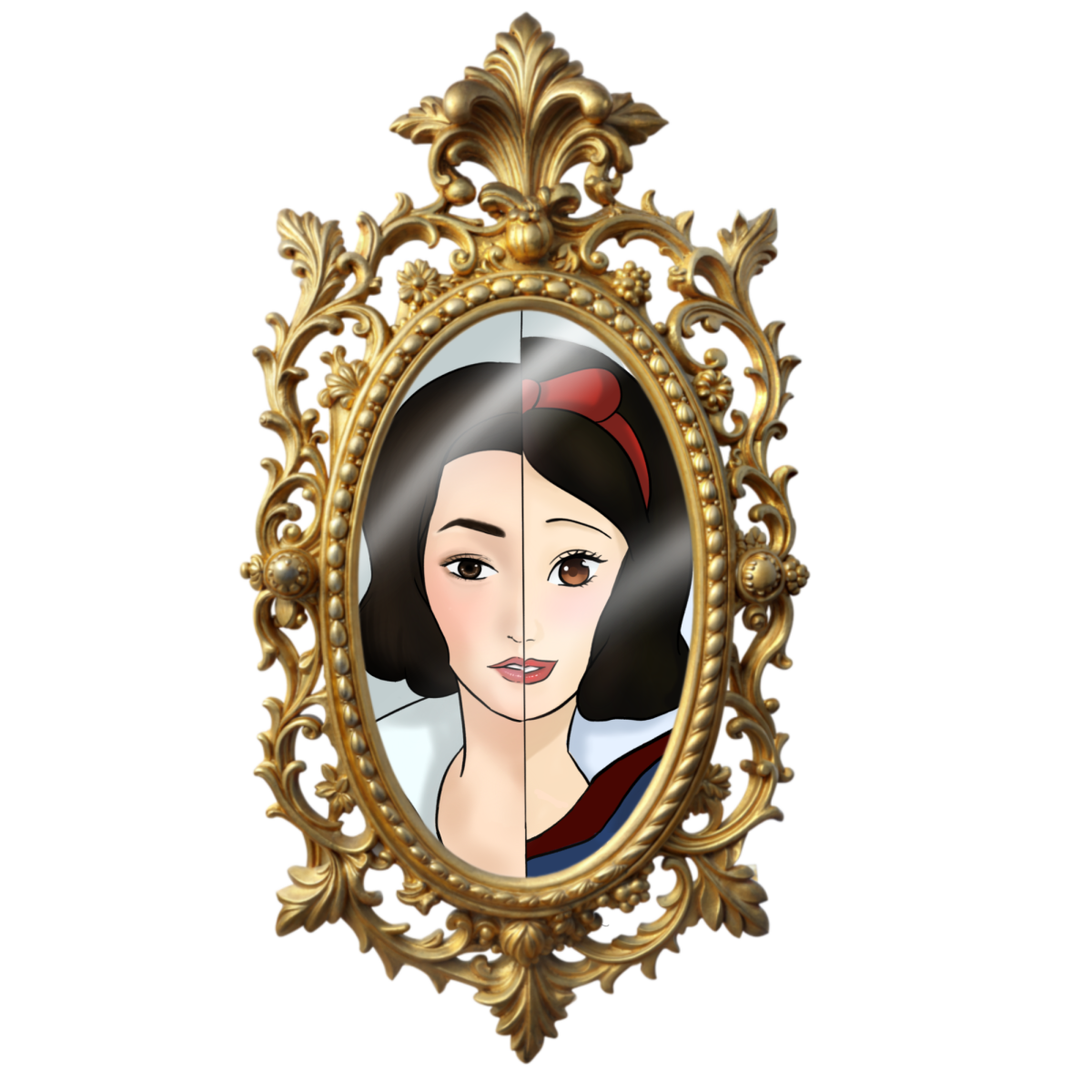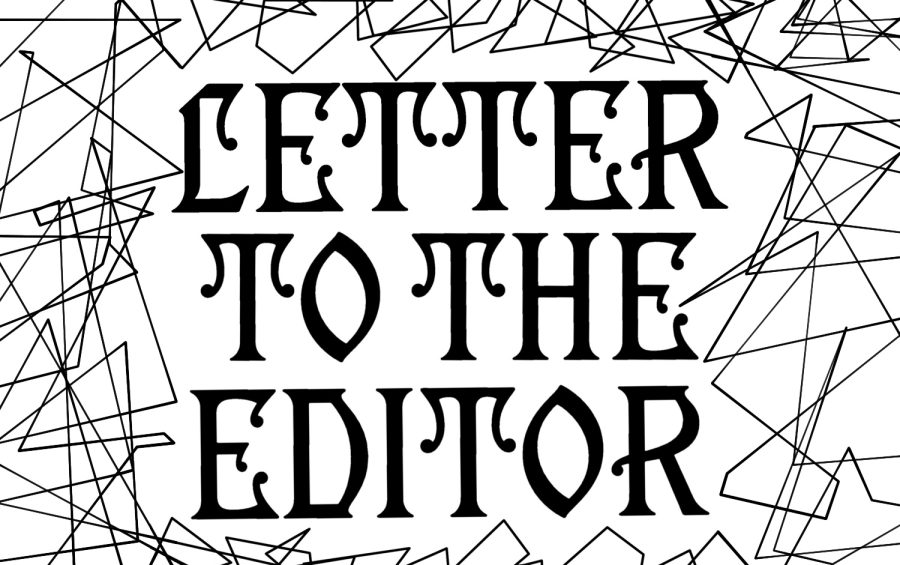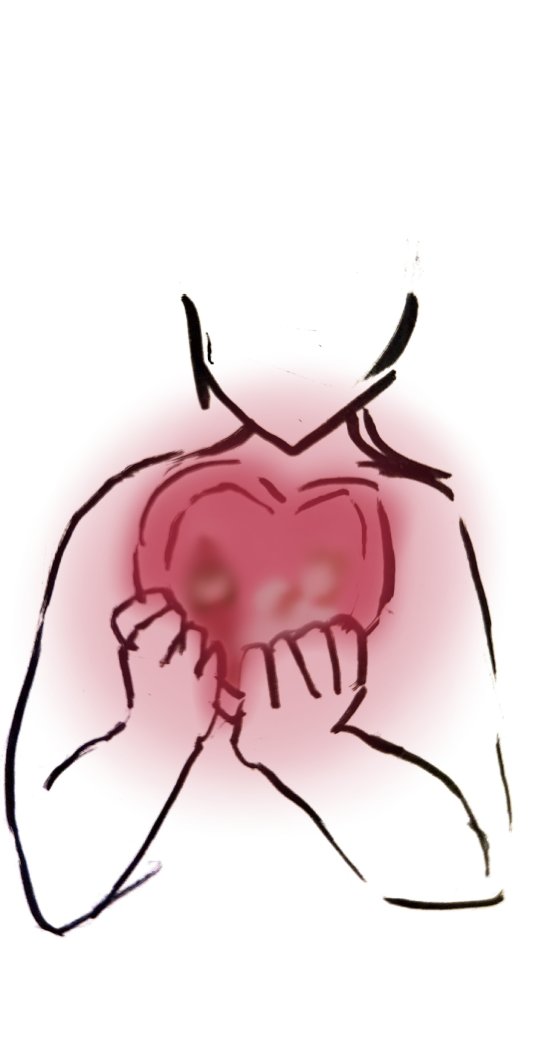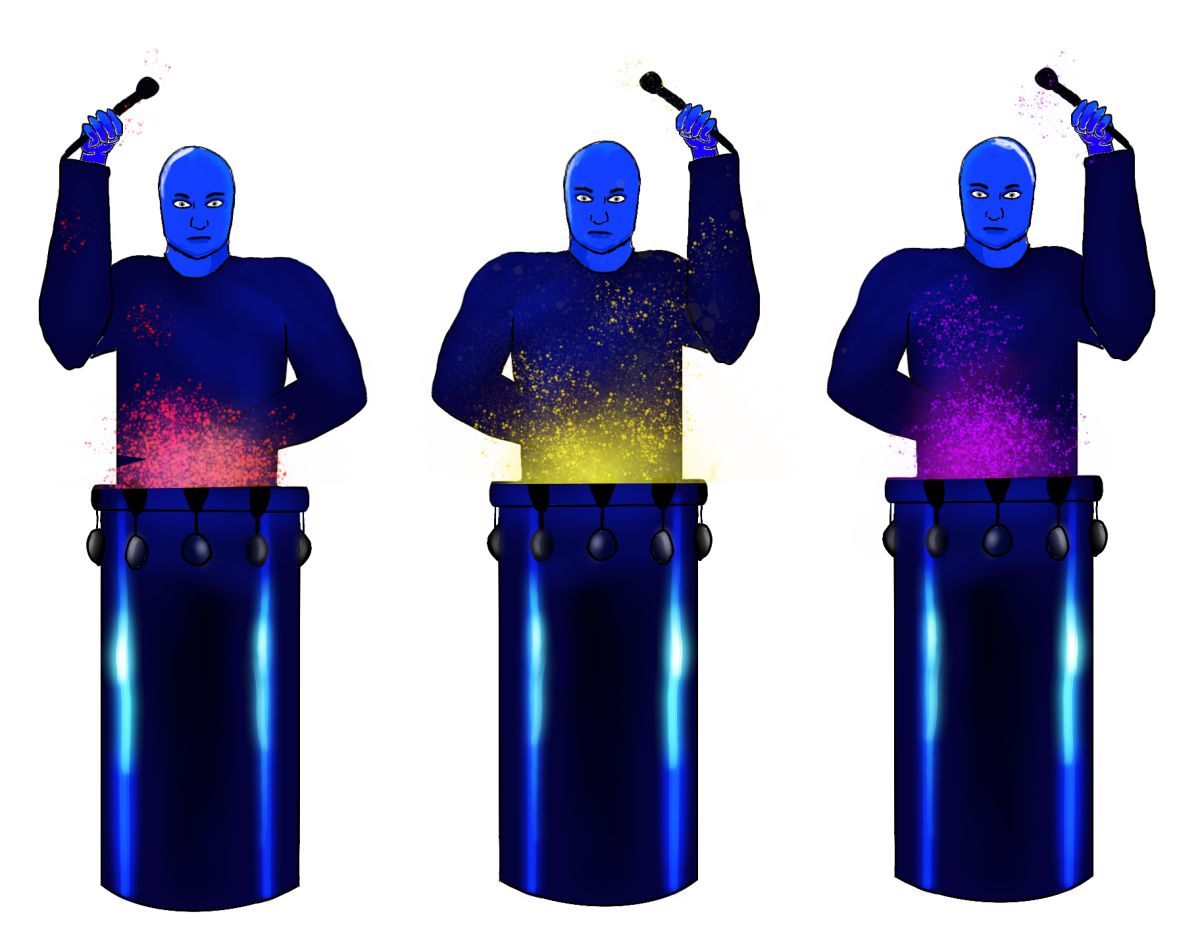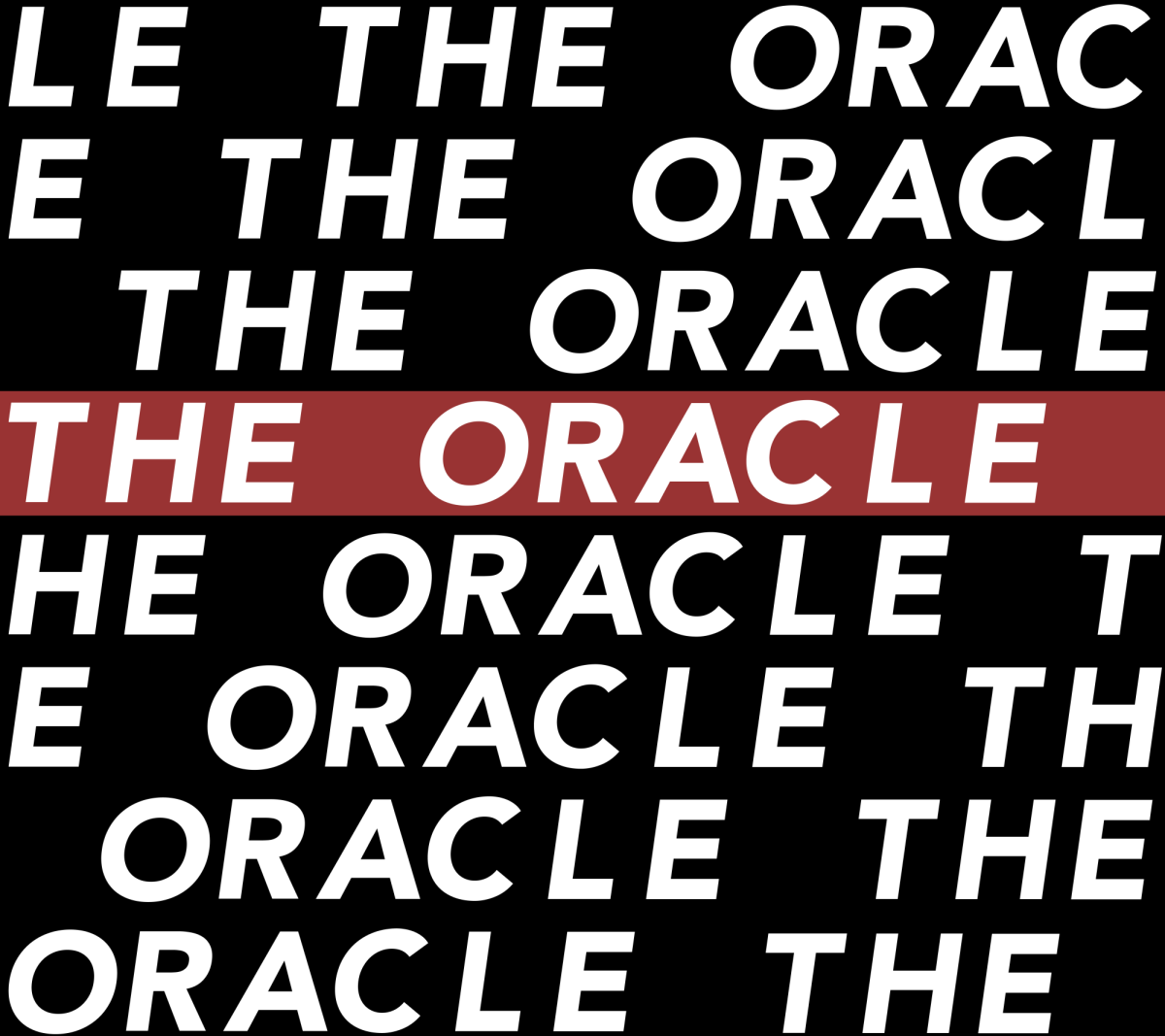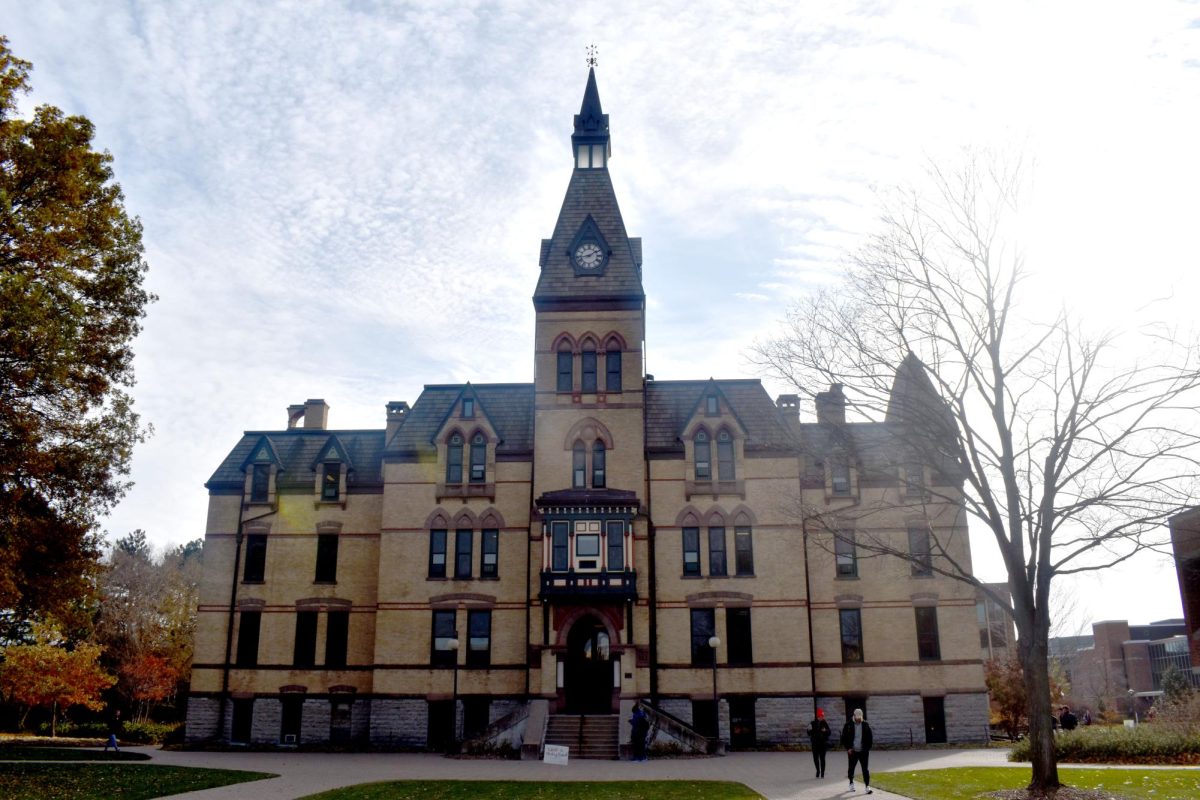Disney's live action adaptation of “Snow White” has faced immense backlash, but not all of it is about the film’s quality. While many agree that the movie itself is flawed — suffering from poor direction, lackluster storytelling and questionable casting decisions regarding the seven dwarves — an overwhelming amount of criticism has been directed toward the actress playing Snow White, Rachel Zegler. And let us be honest: much of this outrage is rooted in racism.This is not new.
Every month, people seem to pick a new woman of color to hate. We saw it with Avantika Vandanapu, who was not even officially cast in a role but merely part of a “Tangled” fancast and still faced vitriol. We saw it with Halle Bailey, who was met with relentless criticism for playing Ariel in “The Little Mermaid.” And now, it is Rachel Zegler’s turn. What we are witnessing is not just discourse about talent — it is an ongoing trend of gatekeeping spaces where women of color rightfully belong.
Dismissing someone’s years of hard work and dedication in favor of attacking them based on race is not only wrong but shameful. It is a privilege to land a coveted Hollywood role, but that privilege is earned through skill and perseverance. The people hurling insults at Rachel Zegler are not questioning her acting abilities; they are upset that someone who does not fit their narrow, Eurocentric ideal of Snow White is leading the film.
Many claim, “Snow White has to be white,” yet it is clear they do not understand the original tale. Snow White is described as having “skin as white as snow,” not because of her race, but as a metaphor for purity. It is about her heart, her kindness and her resilience — not about the literal color of her skin. Still, people persist with offensive comments like calling her “Snow Brown” or other derogatory terms. It is blatant racism, and what is worse is how quickly it gets excused under the guise of “faithfulness to the original.”
To counter this, some argue, “Well, then, a white actress should be able to play Tiana.” This argument is not only disingenuous but completely ignores historical and cultural context. Tiana is the first Black Disney princess, and her identity is tied to her experience as a Black woman in 1920s New Orleans. The same goes for Mulan, whose Chinese heritage is integral to her story, and Pocahontas, whose narrative is deeply rooted in Indigenous history. Their backgrounds are not interchangeable; their race is part of their essence. Snow White, on the other hand, is a fairytale that does not rely on a specific racial identity to be told.
This issue goes beyond one movie. It is a reflection of a deeply rooted problem in Hollywood and society at large. People of color are constantly asked to prove their worth in ways their white counterparts never have to. They are met with resistance, scrutiny and outright hostility simply for existing in spaces that should have always been open to them. Why are we still debating whether a Latina actress can play a fictional princess while white actors have played roles meant for people of color for decades without a second thought?
However, let us talk about the actual “Snow White” film. Here is the truth: the backlash against Rachel Zegler has overshadowed real, valid criticisms about the movie itself. It is not great. In fact, it is pretty bad — but not because of Rachel.
Rachel’s performance is one of the film’s strongest aspects. The real problem lies in the weak storyline, which feels rushed and underdeveloped. Disney’s decision to abandon the traditional seven dwarves in favor of CGI characters stripped the film of its heart. It was a missed opportunity to provide meaningful roles to actors with dwarfism, and instead, it left the movie feeling hollow and disconnected. Gal Gadot, who played the Evil Queen, gave a lackluster performance, draining the iconic villain of all the depth and menace she once had. And let’s not forget the costume and hair design — had the studio put as much effort into Snow White’s wardrobe as they did Rachel’s press tour looks, perhaps the film would have been more visually appealing.
Disney undeniably mishandled the direction of this movie. From questionable casting decisions regarding the dwarves to failing to capture the magic of the original, they dropped the ball. But one thing is clear: Rachel Zegler is not the problem. The real issue is that people have allowed their biases to dictate their opinions of the film before even considering its true shortcomings.
At the end of the day, the live-action “Snow White” deserves criticism for its faults, but it does not deserve to be reduced to racist outrage over the casting of a Latina actress. It is time we acknowledge the real issue: the deeply ingrained resistance to seeing women of color take up space in Hollywood. Because if we do not, this cycle will continue, and every month, a new actress of color will face the same vitriol, the same hate and the same barriers that should have been broken down long ago.
We should be criticizing “Snow White” for what it truly lacks — heart, charm and authenticity — not for the race of its leading actor. Because that is not just unfair; it is unacceptable.
Disney’s Snow White Backlash: Racism, Not Talent
Fenani Ahmed, Opinion Editor
April 8, 2025
Categories:
Story continues below advertisement
0
More to Discover


